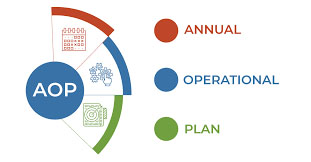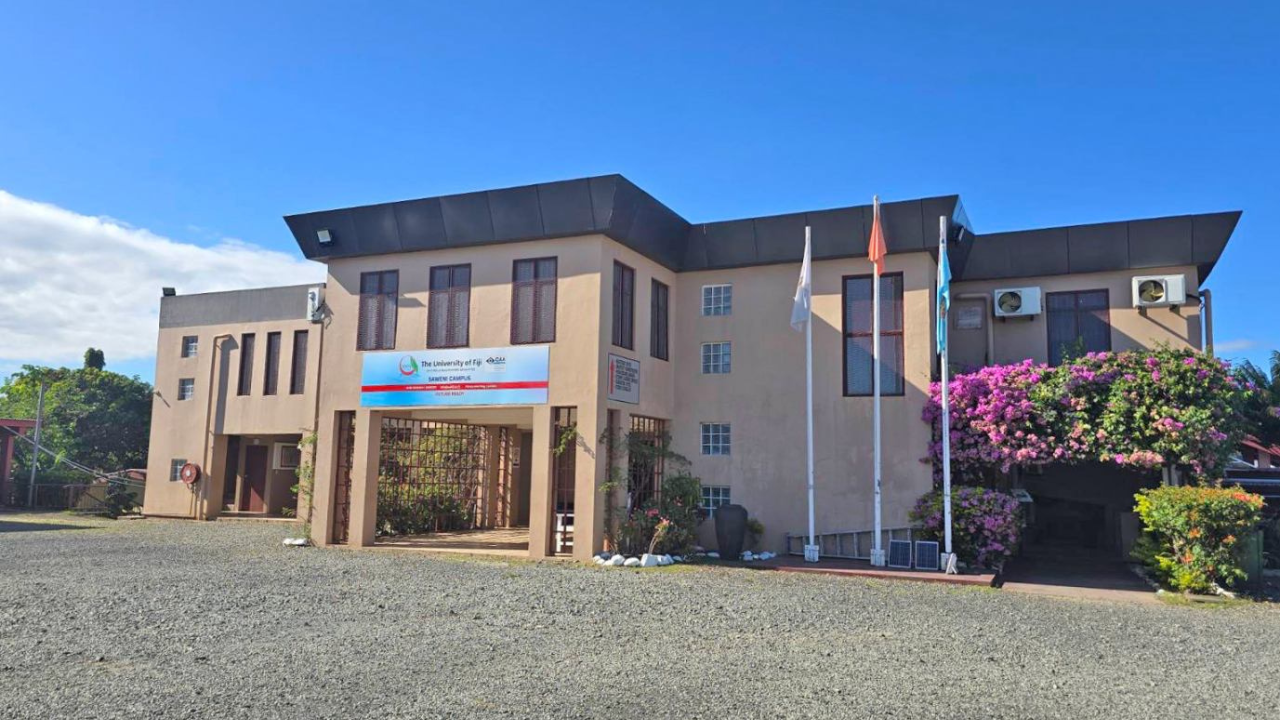By Chioma Umeha
Copyright independent

The Lagos State Ministry of Health has commenced its 2026 Annual Operational Plan (AOP) development process with a strong call for deliberate planning, alignment with global and national directives, and prioritisation of resources to deliver impactful health outcomes for residents.
Speaking at the Top Management Committee Meeting on the AOP development process held on Monday, 8th September 2025, at Protea Hotel, Ikeja, the Honourable Commissioner for Health, Prof. Akin Abayomi, stressed that effective operational planning must not only draw from international and continental directives but also reflect the Lagos Strategic Development Plan and the THEMES+ agenda of Governor Babajide Sanwo-Olu’s administration.
Prof. Abayomi noted that health planning in Lagos cannot operate in isolation but must be contextualized to capture international best practices, federal health priorities, and grassroots realities. “Our action plan for 2026/2027 must consider what is happening internationally, nationally, and locally before arriving at something concrete,” he said.
The Commissioner emphasized the inseparable relationship between the AOP and the state’s budget process, describing it as the most critical factor for successful implementation. “You cannot have your budget not speaking to your plan. If you don’t align your budget with your plan, you are essentially planning to fail,” he remarked.
Highlighting human resources for health as a pressing priority, Prof. Abayomi unveiled progress on the proposed Lagos State University of Medicine and Health Sciences. The institution, which has scaled legislative hurdles, is designed to produce more medical professionals, retain talents, and attract diaspora health workers back home. “Lagos should never be a state where you complain of shortage of healthcare professionals,” he asserted.
On her part, the Special Adviser to the Governor on Health, Dr. (Mrs.) Kemi Ogunyemi, described the AOP process as pivotal in strengthening the state’s health system. She urged health leaders to focus on efficiency and collaboration, especially given limited fiscal space and competing demands across ministries.
She noted that while the federal government sets broad policy directions, Lagos remains a reference point in health system performance and must continue to lead. “Most times, the federal aligns with Lagos, not the other way round, because of the scale and complexity of our health system,” she observed.
Dr. Ogunyemi reiterated the need for every stakeholder to recognize their role as a leader in the system, irrespective of cadre or portfolio. “Every single person here is important. Whether you are managing a hospital, overseeing family health, or driving governance reforms, your contribution determines the quality and affordability of care we provide Lagosians,” she said.
The Special Adviser further underscored the importance of partnerships with the private sector and international agencies, adding that digitalization, especially the Smart Health Information Platform (SHIP) and the HOPE initiative, must remain at the heart of implementation. “If you do not understand what HOPE entails, then you are missing the Governor’s vision. Your little bit matters, and collectively it makes the difference,” she added.
Delivering his goodwill message, the Permanent Secretary, Ministry of Health, Dr. Olusegun Ogboye, stressed that the culture of “lazy planning” and recycling past budgets must give way to deliberate, evidence-driven strategies. He noted that too often, the ministry develops ambitious plans that are not backed by adequate resources.
According to him, the solution lies in prioritization and sustainability. “Instead of spreading limited funds across a long list of activities, we should focus on fewer projects that deliver consistent and sustainable impact. A plan is only useful when it translates into measurable outcomes,” he said.
Dr. Ogboye emphasized the importance of implementation science in determining which interventions work best, while discouraging duplication of efforts and waste. “We own the data in Lagos. Our goals must reflect our reality, not just donor interests,” he said, urging managers to reflect on past achievements and failures before drafting new plans.
The Permanent Secretary concluded by calling for courage in planning and budgeting. “We must be bold enough to start afresh, say no to some projects, and focus on what is feasible. If we commit to this deliberate and thoughtful planning, each year’s plan will be stronger, bringing us closer to the impact we want to see,” he affirmed.
Representing The Challenge Initiative (TCI), Mrs. Fanimokun Adesola, Demand Generation Technical Support Lead, conveyed greetings on behalf of her Director, Dr. Taiwo Johnson, and State-holder Manager, Dr. Omotunde Odoyin. She described the Lagos Annual Operational Plan Development as an important program that aligns with TCI’s commitment to strengthening health systems.
Mrs. Adesola noted that TCI’s support, facilitated through the Bill and Melinda Gates Foundation, underscores the organization’s belief in the value of deliberate and inclusive health planning. According to her, intentional planning is critical to ensuring that the health needs of Lagosians are met effectively.
She assured that TCI would continue to partner with Lagos State in its efforts to improve health outcomes across different population groups. “We look forward to a wonderful deliberation and to an intentional plan that addresses the health of Lagos State and every individual,” she said.
Delivering his goodwill message, Dr. Akinkunmi Akinbajo, Maternal Health and Family Planning Analyst with the United Nations Population Fund (UNFPA), commended Lagos State for its strong leadership and coordination in health sector planning. He described the AOP process as crucial to achieving the state’s long-term health goals.
Dr. Akinbajo emphasised that the coordination framework adopted by the state ensures that development partners’ interventions are properly aligned, thereby avoiding duplication and optimising available resources. “We appreciate the coordination Lagos State is putting in place so that all partners’ activities contribute meaningfully towards shared objectives,” he stated.
He added that UNFPA looks forward to deepening its collaboration with the Lagos State Government, both to learn from its innovative approaches and to provide technical support in maternal health and family planning. “We are very glad to participate in this meeting and will continue to support the Lagos State health agenda,” Dr. Akinbajo assured.



